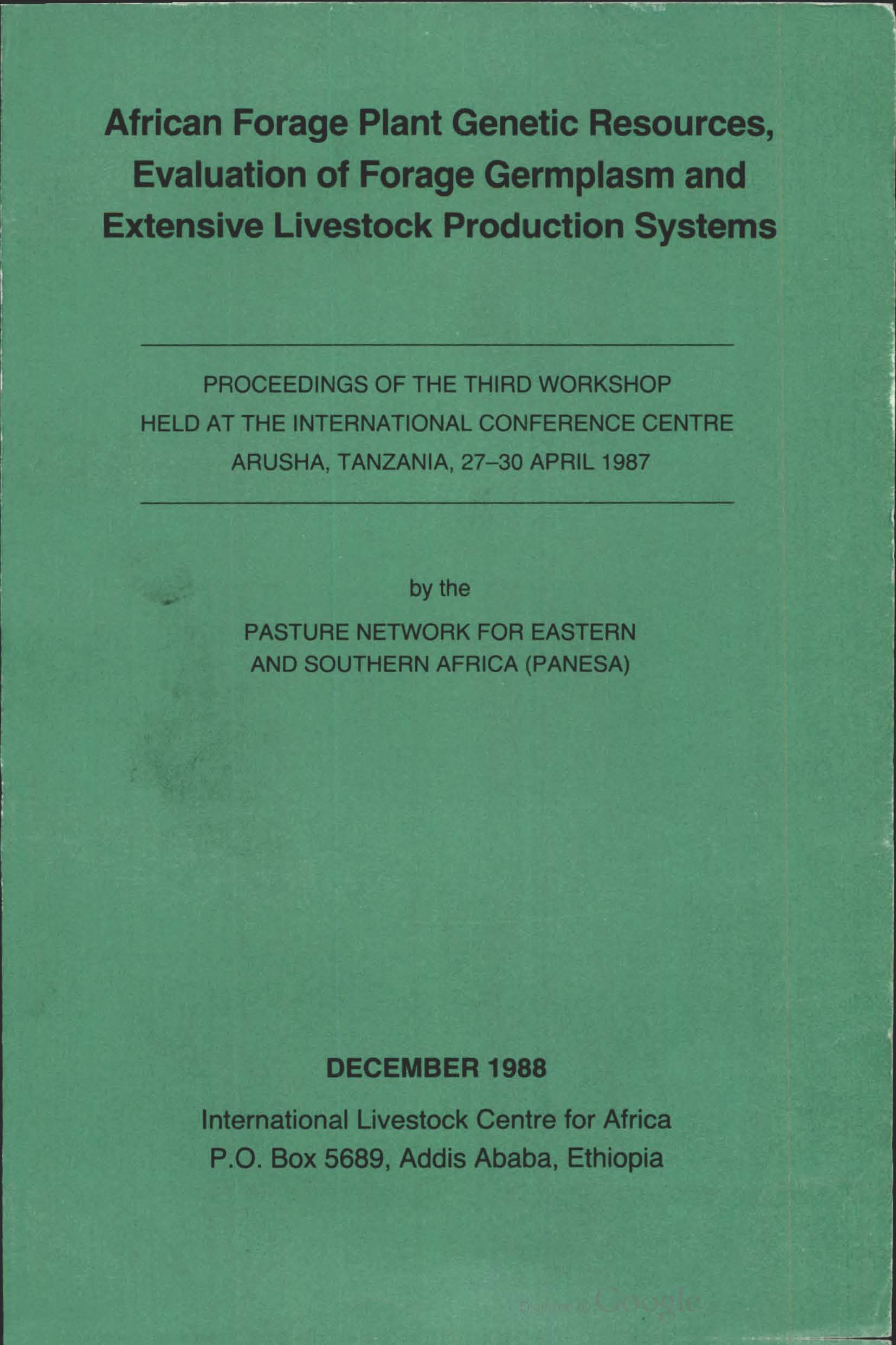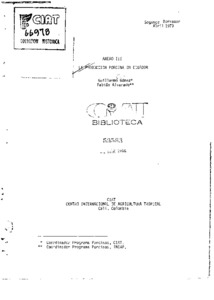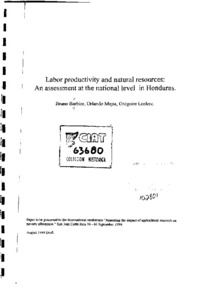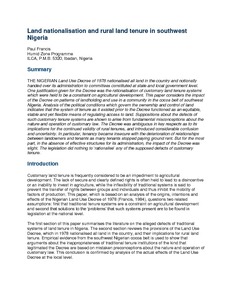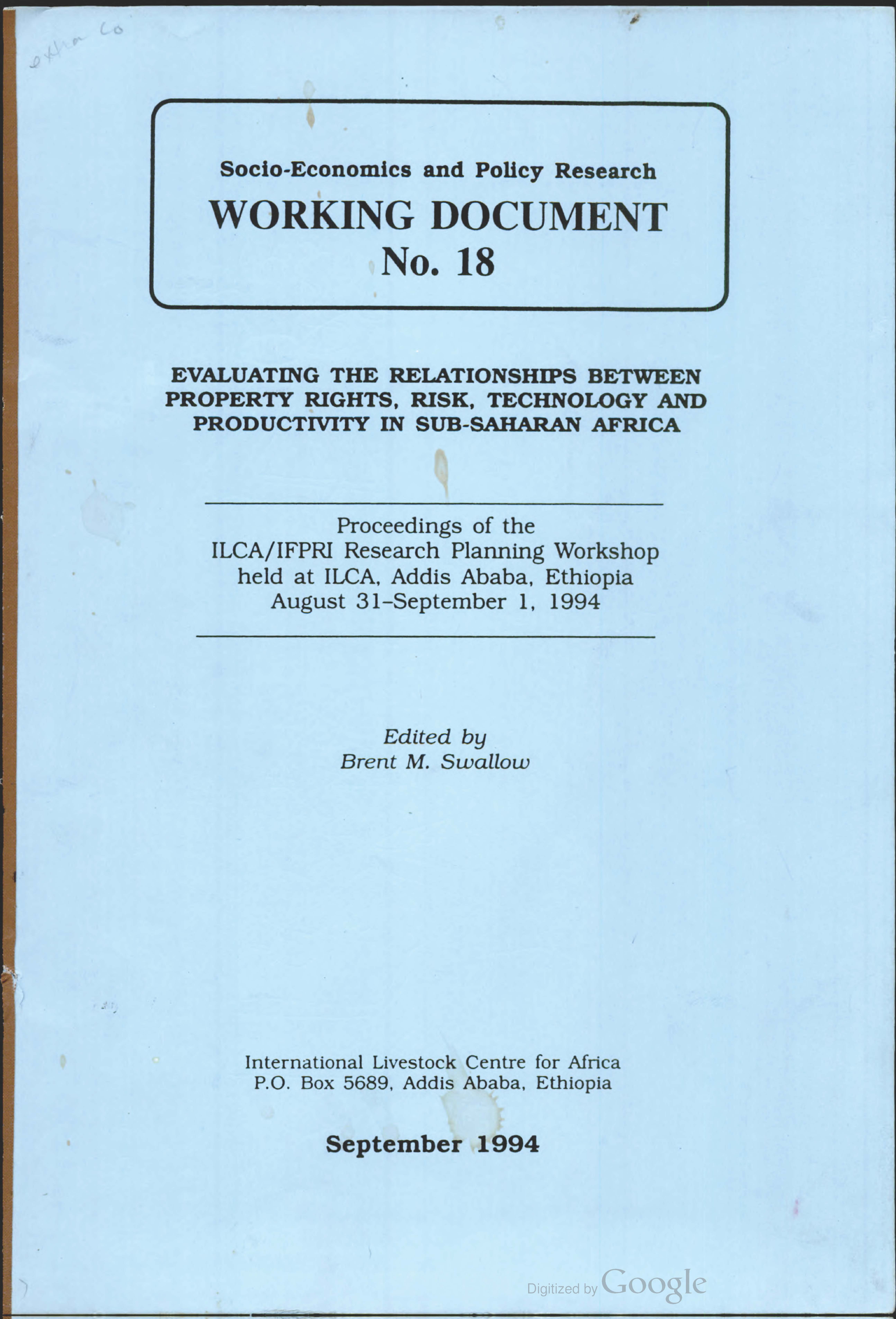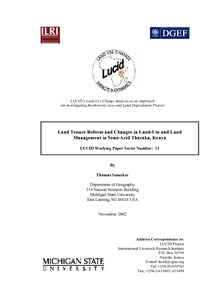Land-use and land-cover dynamics in response to changes in climatic, biological and socio-political forces: The case of southwestern Ethiopia
Few studies of land-use/land-cover change provide an integrated assessment of the driving forces and consequences of that change, particularly in Africa. Our objectives were to determine how driving forces at different scales change over time, how these forces affect the dynamics and patterns of land use/land cover, and how land-use/land-cover change affects ecological properties at the landscape scale.


